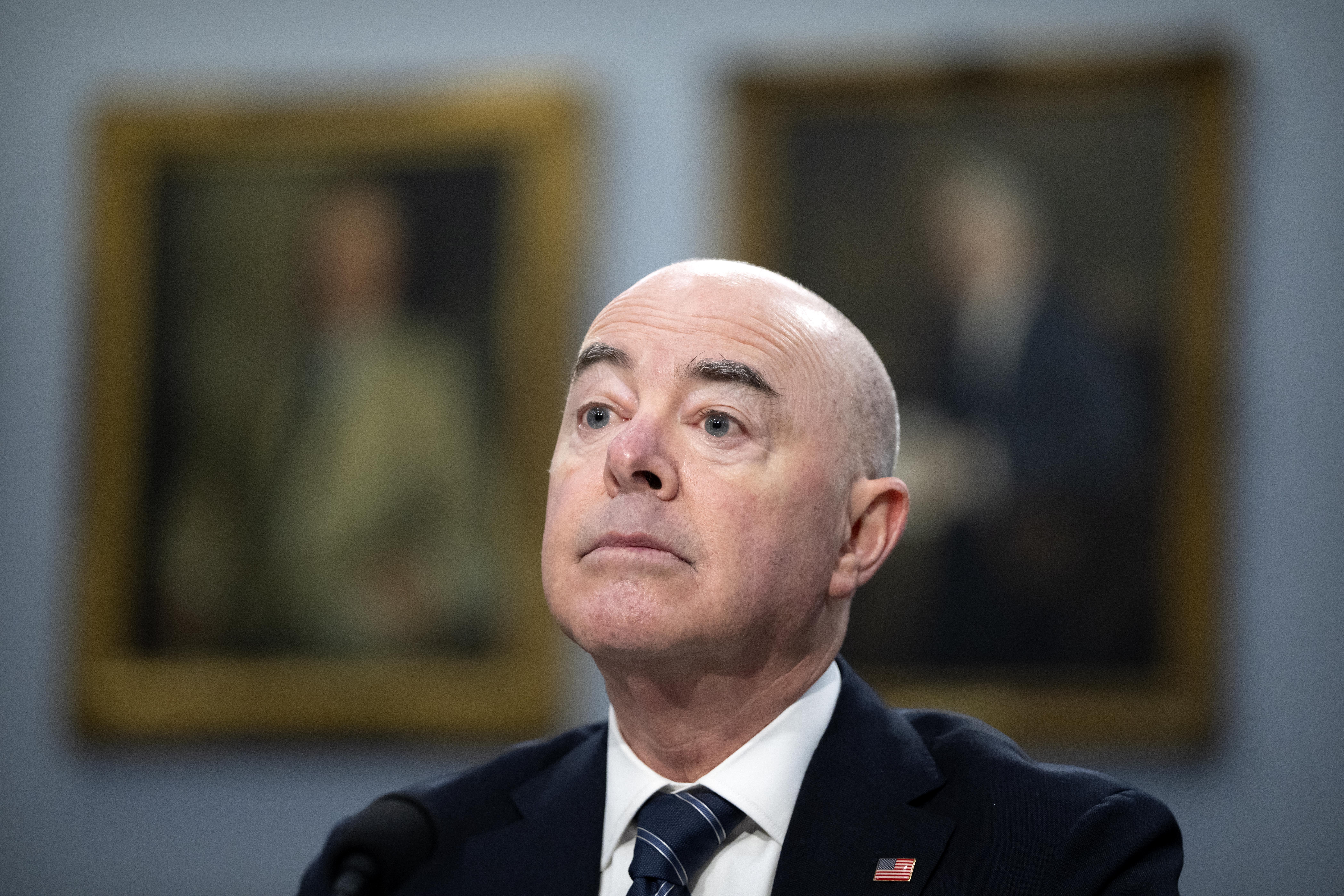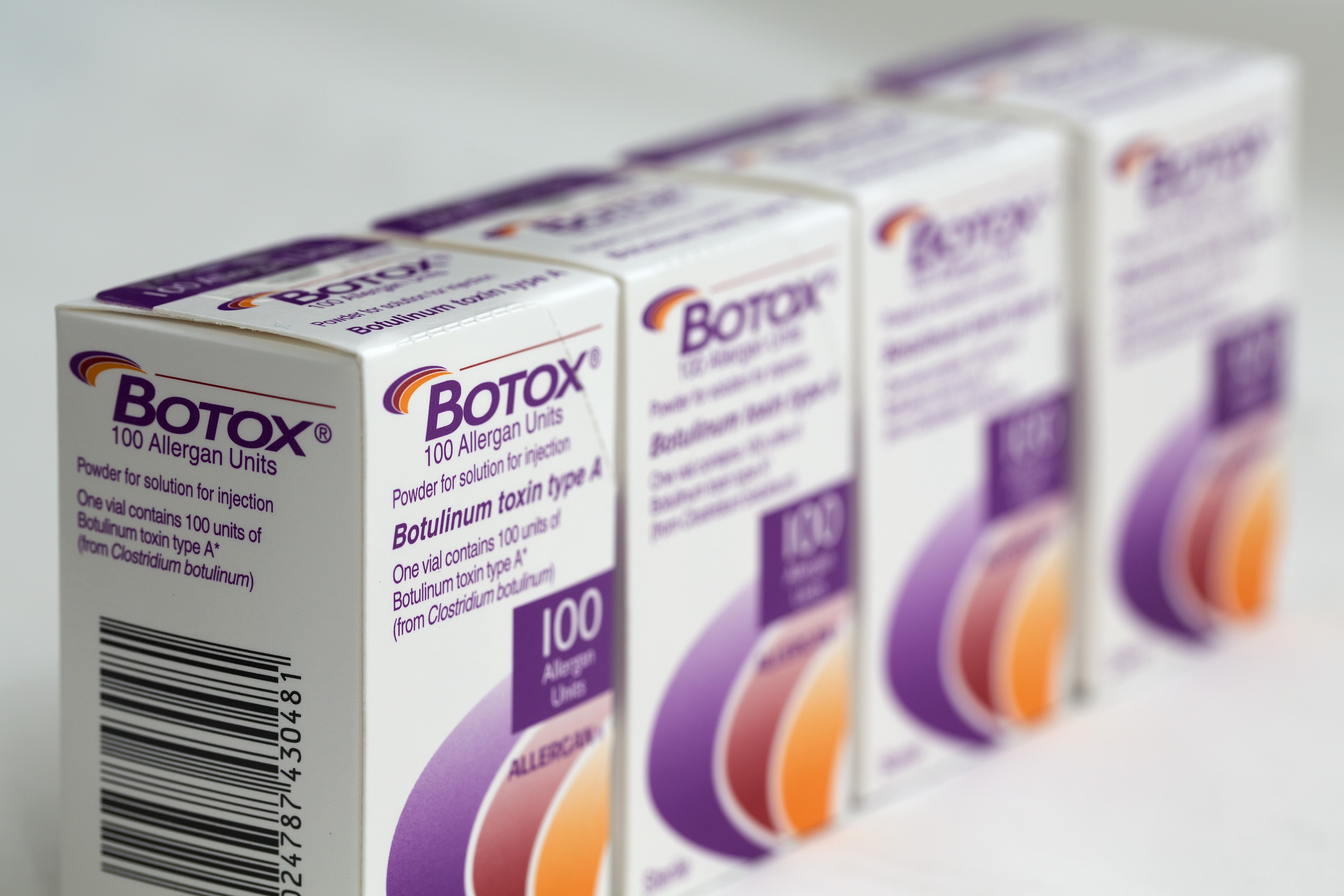The New York area's major transportation agencies announced separate plans for moving crowds of football fans for February's Super Bowl, and their presentations Monday carried a common theme: Don't drive.
"I think it's the smartest thing — people don't know where they're going and it's a dense area," said Al Kelly, head of the Super Bowl host committee. "If you want to party, it's a safe way to get around, a reliable way to get around. I think people should put the getting around in the hands of the professionals."
Those professionals gathered at the Secaucus Junction rail station to outline their plans. Absent was a plan to offer an all-purpose pass that could be used on all transit systems in New York and New Jersey. That had been discussed in the early stages after the game was awarded to MetLife Stadium in 2010, but was ultimately deemed too complicated, Kelly said Monday.
Organizers are billing the first outdoor, cold-weather Super Bowl as the first mass-transit Super Bowl, and their fervent hope is that fans will use public transportation to get to the game as well as to the official and non-official activities leading up to it.
Click here to see the Super Bowl mass transit map
Those hopes are rooted in pragmatism. With hundreds of thousands of commuters moving into and out of New York on an average day, the influx of an estimated 400,000 people for the Super Bowl — most of whom won't have tickets to the Feb. 2 game — could throw the region's roads into chaos.
In addition, MetLife Stadium's approximately 28,000 parking spaces for a New York Giants or New York Jets game will be pared to 12,000 to 13,000 due to security and television requirements. Ticketholders will be required to buy a parking pass to park at the stadium, as will buses and shuttles as they won't be allowed to drop off passengers and leave. There will be about 1,600 spaces set aside for buses, Kelly said.
U.S. & World
Stories that affect your life across the U.S. and around the world.
The host committee will offer buses for ticketholders on game day for $51 from five locations in New York City and three in New Jersey. New Jersey Transit is selling a $50 commemorative "Super Pass" good for travel on its rail, light rail and bus lines from Jan. 27 to Feb. 3, and has expanded its platform at Secaucus to accommodate longer trains to MetLife Stadium.
Trains will be added on Port Authority Trans-Hudson service between New York and Hoboken, Jersey City and Newark, and on the Metropolitan Transportation Authority's Long Island Railroad and Hudson lines.
In addition, the Port Authority of New York and New Jersey will dedicate additional lanes at its Hudson River tunnels to traffic heading to New Jersey before the game and to New York after the game, and Amtrak will suspend regular repair work on tunnels going into New York's Penn Station and will add a stop at the Secaucus station for some of its trains on Super Bowl Sunday.
Much of the game-day burden figures to fall on NJ Transit, which is expected to carry as many as three times as many passengers from Secaucus on Super Bowl Sunday than it did for Sunday's Jets-Oakland game, according to executive director James Weinstein.
Weinstein said Monday the agency has conducted drills at a recent Giants and Jets game and has made adjustments.
"It can be as simple as people walking all the way to the end of the platform and the doors opening up and everybody getting on, instead of lingering," he said. "In order to get 1,300 to 1,500 people on the train efficiently, that's what has to happen. We believe it's probably going to be less of a challenge getting people who are unfamiliar with our system to do that."



